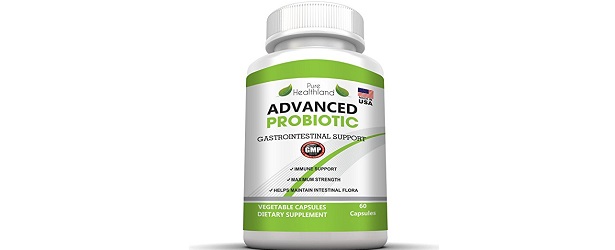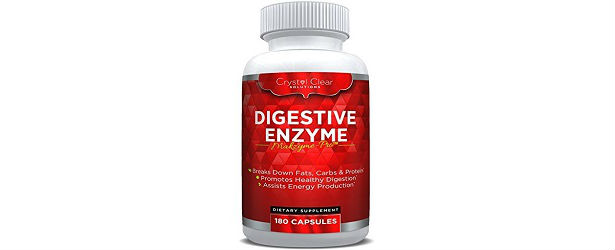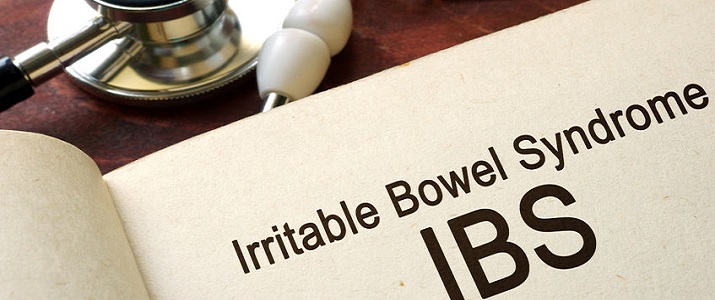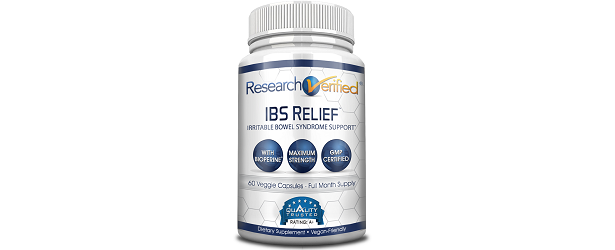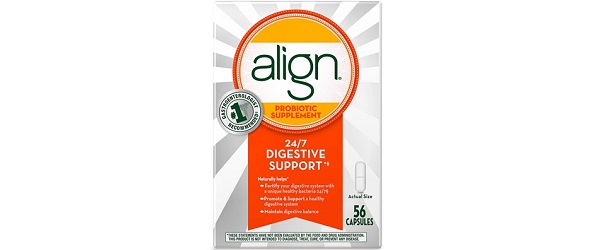
IBS & Medical Help
There is not one way to treat Irritable Bowel Syndrome (IBS) for the millions of Americans affected and struggling with treating the symptoms of the disease each and every day. As the most commonly diagnosed gastrointestinal condition, gastroenterologists (GIs) struggle to be sure to look at their patient’s entire medical history to help build a treatment plan that will address them with hopefully the most success.
Below is a list of priorities and reminders that your GI will want you to know and internalize well.
IBS Treatment Is Individualized
There is no one winning treatment plan for IBS because the symptoms that each person experiences with IBS are different. Additionally, IBS can change from day to day and you may find yourself in a particularly symptom-free period which can change overnight, unfortunately. Because the circumstances are varying, with one person, for example, struggling with constipation and another person who has non stop diarrhea or bloating, individualized treatments plans are key. Moreover, the treatment plans will need to be tweaked and adjusted accordingly so that each person can be sure to be addressing whatever is most aggravating the IBS at whatever moment in time it is happening.
Keep Yourself As Stress-Free As Possible
There is a direct link between stress and IBS and so it’s important to eliminate or tone down as many stresses as possible so that you do not make the physical symptoms of stress worsen. Many gastroenterologists encourage IBS patients to find ways to manage their stress using natural techniques to help relax them. Talking to a counselor or psychologist may also be recommended as well as prescription medications if needed.
Control IBS With Diet
Although each person’s experience with IBS is different, it is important to figure out what foods and drinks may trigger an outbreak of the IBS; common triggers are artificial sweeteners and heavily spiced foods.You may choose to eliminate foods that may cause excess gas such as broccoli, onions, and beans and address your total IBS intake because you need to carefully balance getting enough fiber but not too much fiber. Finally, many people will begin introducing foods rich in probiotics such as yogurt, kefir, miso, tempeh, pickles, and sauerkraut.
Follow Up Regularly With Your GI
It’s good to schedule regular appointments with your GI to be sure that you are being regularly monitored and the treatment plan that was designed for you is still the best one going forward. Typically, keeping a food diary that also includes a history of bowel movements or accompanying pains is useful to bring in to your next appointment as well as a summary of any medications or supplements you may be taking.
Discuss All New Treatments With Your GI
Although you may be anxious to try a new supplement that promises to solve all your IBS symptoms, you should be cautious and sure to discuss whatever it is that you are considering with your GI to be sure that it is the best option for you. Do your research, but allow your doctor to use his or her knowledge to guide you through the best combinations of treatments for you. There is no one best solution for every person with IBS.
TOP 5
IBSTreatments |
|||||
| IBS Clear | BioGanix BioZyme Digestive Enzymes | Nature's Sunshine Food Enzymes | Herbs of Gold IBS Advanced | Kijimea IBS | |
|---|---|---|---|---|---|
| 1 | 2 | 3 | 4 | 5 | |
| Price (1 bottle) Price (6 bottles) best value |
$49.95 $139.70 |
$45.95 $183.80 |
$39.95 $239.70 |
$39.95 $239.70 |
$42.94 $257.64 |
| Overall Rating | 98.7% | 82.00% | 71% | 64% | 61% |
| Effectiveness |





|





|





|





|





|
| Speed of Results | Extremely Fast | Fast | Good | Average | Slow |
| Quality of Ingredients | Premium | Good | Good | Average | Average |
| Customer Satisfaction Evaluation | 99.50% | 81% | 79% | 72% | 68.2% |
| Safety Evaluation | Safe for Use | Safe for Use | Safe for Use | Safe for Use | Safe for Use |
| Customer Service Rating |





|





|





|





|





|
| Reorder Rate | Highest | Good | Average | Good | Average |
| Return Policy | Risk Free | Unused | Risk Free | Unused & Unopened | No |
| Success Rate | 99.60% | 83% | 77% | 71.20% | 69.2% |

 Subscribe Now
Subscribe Now




